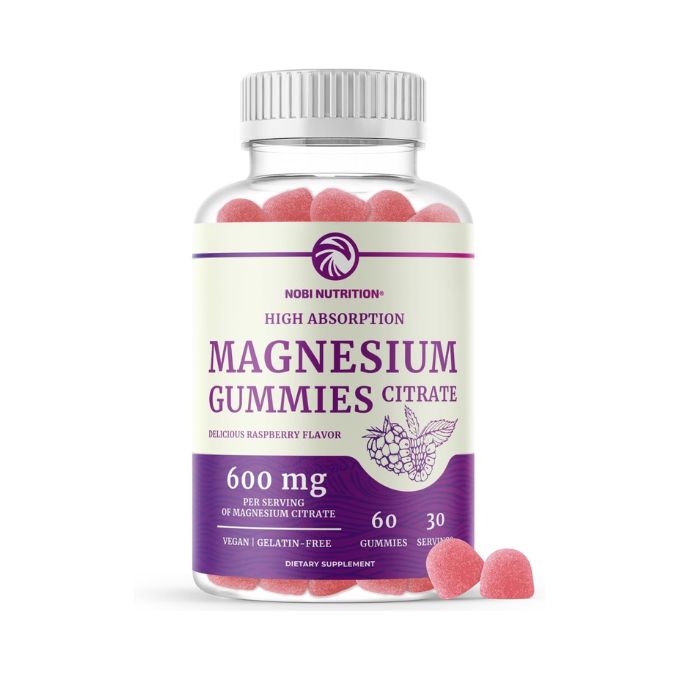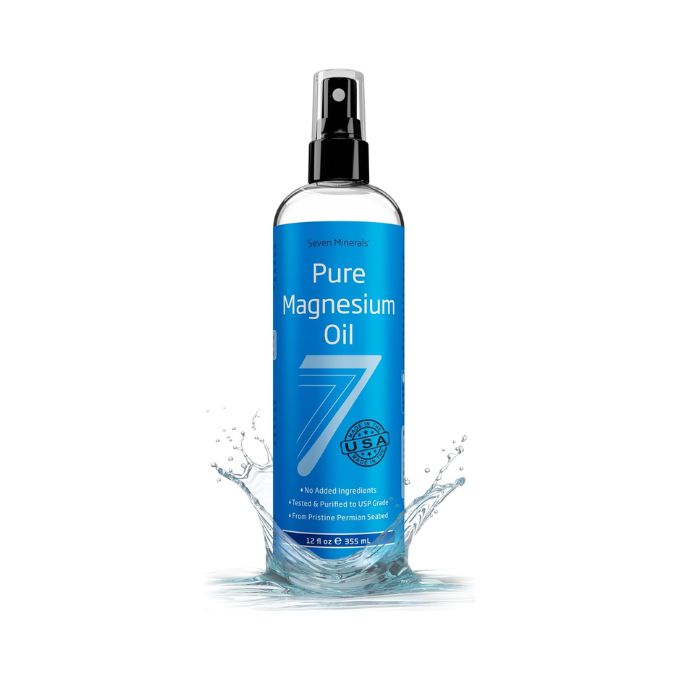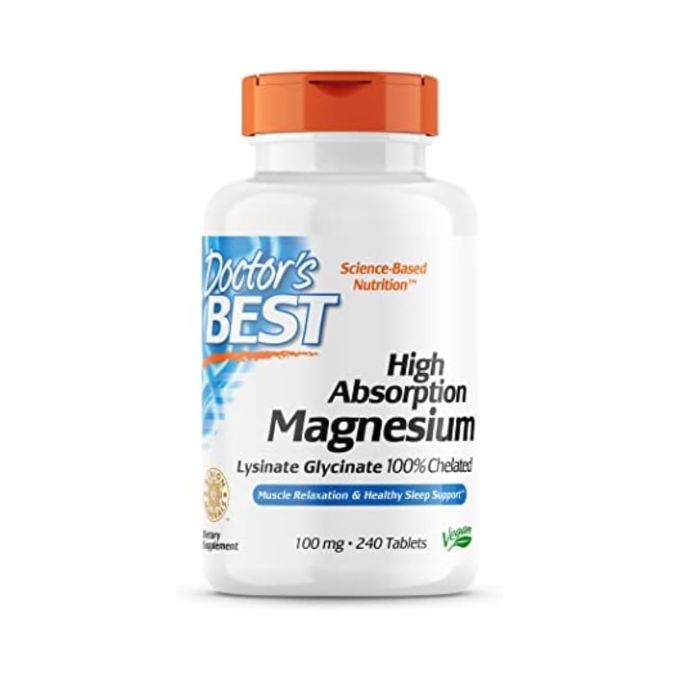Feeling sore after a long day can be a tough obstacle to overcome, often leaving us feeling drained and unmotivated. Many of us struggle with finding effective ways to alleviate aches and pains and bounce back quickly. But, there’s hope in discovering the right strategies to support your body’s recovery and reclaim your energy. Are you ready to unlock the secrets to reducing discomfort and feeling your best every day?
The Hidden Dangers of Prescription Drugs for Pain Relief
Prescription drugs are often considered for pain relief, but they may not be the best option due to potential side effects and the risk of dependency. Medications such as muscle relaxants (e.g., cyclobenzaprine) and opioids are commonly prescribed for these issues, but they can lead to drowsiness, dizziness, and, in some cases, addiction (Chou et al., 2007). Moreover, long-term use of these medications can result in tolerance, meaning higher doses are required to achieve the same effect, increasing the risk of adverse outcomes (Varrassi et al., 2010). Non-pharmacological approaches, such as physical therapy, exercise, and stretching, are effective in managing pain and promoting recovery without the associated risks of prescription drugs (Qaseem et al., 2017).
How Magnesium Helps Alleviate Discomfort Naturally
Magnesium is widely recognized for its role in relaxation and reducing soreness naturally. This essential mineral functions as a natural calcium blocker, helping muscles relax after contracting and preventing cramps and spasms. Additionally, magnesium supports the reduction of lactic acid buildup in muscles, which is often associated with soreness and fatigue. According to a meta-analysis of randomized double-blind placebo-controlled trials, magnesium supplementation significantly reduces soreness and improves muscle function by promoting efficient muscle relaxation and reducing inflammation (Zhang et al., 2016). This highlights magnesium’s efficacy in promoting recovery and overall health through natural mechanisms.
Are you ready to conquer muscle soreness naturally?
Discover how magnesium can provide effective relief.
There are several ways to incorporate magnesium into your routine to reap its relaxing benefits:
Magnesium gummies are a convenient option for daily use. For targeted relief, magnesium oil spray can be applied directly to sore muscles. Additionally, magnesium capsules offer a simple daily supplement, best taken with a meal.

Magnesium Gummies
Magnesium gummies are a convenient option for those looking for an easy, no-fuss method. These gummies can be incorporated into your daily routine without any hassle. Consistent use is key, so adding them to your daily supplement regimen can help ensure you experience the full muscle-relaxing benefits.
Magnesium Oil Spray
For those who prefer targeted relief, magnesium oil spray is another effective option. Magnesium oil is applied directly to sore muscles, allowing for quick absorption and immediate relief. Simply spray on the affected area and massage gently. This method provides a concentrated dose of magnesium right where you need it.


Magnesium Capsules
Magnesium capsules offer a simple and effective way to supplement your magnesium intake. These capsules are best taken with a meal to aid in absorption and reduce any potential digestive discomfort. Incorporating them into your daily supplement routine can help you experience the muscle-relaxing benefits consistently.
Unlock Comfort with Magnesium: Gummies, Oil, and Capsules
Incorporating magnesium in these various forms can make it easy to enhance relaxation and recovery. By consistently using magnesium gummies, oil spray, or capsules, you can harness the full potential of this essential mineral. Embrace magnesium in your daily routine and unlock new levels of comfort and overall well-being.



Enhance Comfort and Well-Being
Achieving optimal relaxation and relief is within your reach with the right approach and resources. Recognizing that many others share this journey can bring a sense of community and encouragement. By exploring natural alternatives like magnesium, you can support your health and improve your overall well-being safely and effectively. Consistently incorporating these strategies can bring new levels of comfort and tranquility. Embrace these natural methods today and start experiencing the powerful benefits magnesium offers for your health and happiness.
Disclosure: Start Now How is no longer an Amazon Associate. Links to Amazon products in this post are provided solely for informational purposes and do not result in any commission. For more details, please see our Privacy Policy.
Legal Disclaimer
The information provided on this website, including blog posts and downloadable materials, is for educational and informational purposes only and is not intended as medical advice. The content is not a substitute for professional medical advice, diagnosis, or treatment. Always seek the advice of your physician or another qualified health provider with any questions you may have regarding a medical or psychological condition. Do not disregard professional medical advice or delay in seeking it because of something you have read on this website. The use of any information provided on this website is solely at your own risk. Before beginning any new health regimen, including natural remedies, exercise routines, mindfulness practices, or life improvement strategies, consult with your general physician to ensure it is appropriate for your individual health needs and conditions.
References
Chou, R., Peterson, K., Helfand, M. (2007). Comparative efficacy and safety of skeletal muscle relaxants for spasticity and musculoskeletal conditions: a systematic review. Journal of Pain and Symptom Management, 35(3), 314-335. https://www.jpsmjournal.com/article/S0885-3924(07)00783-X/fulltext
Qaseem, A., Wilt, T. J., McLean, R. M., & Forciea, M. A. (2017). Noninvasive treatments for acute, subacute, and chronic low back pain: a clinical practice guideline from the American College of Physicians. Annals of Internal Medicine, 166(7), 514-530. https://www.acpjournals.org/doi/10.7326/M16-2367
Varrassi, G., Müller-Schwefe, G., Pergolizzi, J., Orónska, A., Morlion, B., Mavrocordatos, P., et al. (2010). Pharmacological treatment of chronic pain – the need for CHANGE. Current Medical Research and Opinion, 26(5), 1231-1245. https://pubmed.ncbi.nlm.nih.gov/20337502/
Dominguez, L. J., Veronese, N., & Barbagallo, M. (2021). Magnesium and Hypertension in Old Age. Nutrients, 13(1), 139. https://www.ncbi.nlm.nih.gov/pmc/articles/PMC7823889/
Zhang, X., Li, Y., Del Gobbo, L. C., Rosanoff, A., Wang, J., & Zhang, W. (2016). Effects of Magnesium Supplementation on Blood Pressure: A Meta-Analysis of Randomized Double-Blind Placebo-Controlled Trials. Hypertension, 68(2), 324-333. https://pubmed.ncbi.nlm.nih.gov/27402922/

